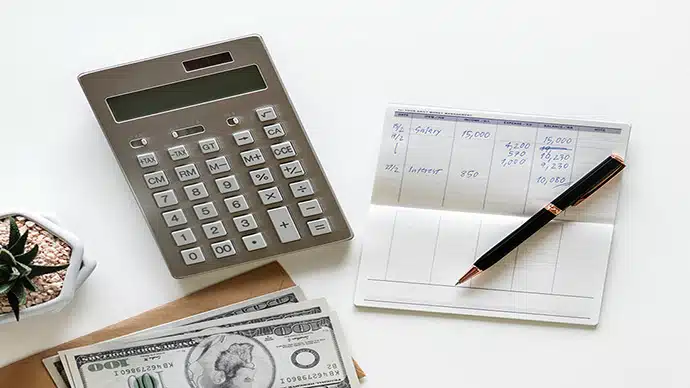
We here at BILLSHARK have been thinking a lot lately about that ancient curse, “May you live in interesting times.” Well, it can’t get much more “interesting” than this (we hope).
No one knows how long the current coronavirus-triggered crisis will last. But for now, we’d like to offer some quick tips on ways to cope financially while the situation remains in flux.
Unemployment
The government estimates that between two to three million Americans lost their jobs last week. It will get worse, so if you’ve been laid off, apply immediately for unemployment insurance. In recent days, some state unemployment sites have crashed under the crush of applications, but keep trying. It will take approximately four weeks after you file before you begin receiving compensation.
Congress is currently working on a trillion-dollar-plus financial rescue package that will affect who can qualify for unemployment compensation. Part of the package is said to include expanding the list of those who are qualified to receive it. When this is signed, we will provide further information.
Spending
With the exception of stocking up on a few weeks worth of groceries and necessities, stop spending immediately. This is not the time to seek solace in retail therapy. Yes, the government is apparently planning to send every American an immediate check as part of the rescue package. Please don’t consider this found money and blow it. We don’t know what the economy will look like in six months, and you could come to need every penny of that down the line.
Sit down and prioritize all your expenses. Food, utilities, and gasoline will probably top your list, along with rent, if you have enough left to spare. Then slash anything else you can. If you don’t have a contract, can you drop cable, satellite, or Internet service temporarily, or even just scale them back? (We can help you save money on these services, because that’s what we do—just contact us!)
Ignore the market
We don’t mean the supermarket. If you have stocks, now is the worst possible time to dump them, unless you’re facing retirement in a few years. Even then, the best advice from financial planners in any downturn is to ignore your portfolio.
Heather Long, economics correspondent for The Washington Post, recently explained: “The reality is the market has always bounced back, often after just a few months. But even [in] the absolute WORST CASE, if you had invested your money the night before the 1929 stock market crash, you would have earned all your money back within 13 years, and made money after that [period].”
If you have the luxury of leaving your stocks alone, you will reap the advantage of what is known as “dollar cost averaging.” That is, you’re buying the stocks that other investors have unloaded at fire sale prices, allowing you to buy more of them. Then, when the market turns around (after the virus panic is under control), you’ll be able to make a profit.
Beware of scammers
There’s something about a crisis that sends the lowest form of human life into red alert. The coronavirus scams have already begun, from people offering “secret” cures to those promising instant testing to official-sounding texts, emails, and phone calls demanding immediate action on your part—all you have to do is send money now.
And that’s the giveaway: If anyone contacts you by any method wanting money—especially if they’re demanding immediate payment—end the communication and report them to your state’s attorney general’s office. And never click on a link in an email from an unknown sender. Even opening it can infect your device with malware.
If it appears official, carefully check the URL—scammers use addresses that look legitimate but are often off by a single letter. If you’re in doubt (it seems to be from your bank, for example), log off and contact the institution yourself.
Stay calm and keep your distance
BILLSHARK is concerned not only about your financial wellbeing, but your physical health, as well. These are stressful times for everyone, with no end in sight. But we’re all in this together, so—unlike with the 2008 crash—there aren’t winners and losers this time. Everyone is at risk, both physically and financially.
So get plenty of sleep, eat a healthy diet, take walks outdoors, and connect with friends and family to the greatest extent possible while also social distancing. And try to stay calm. Remember that stress and anxiety can also affect your physical health. This crisis will end, sooner rather than later, we hope, so it’s not worth losing sleep over.
And stick with BILLSHARK for the latest financial info, tips, and ways to save on your bills. Meanwhile, stay safe!


